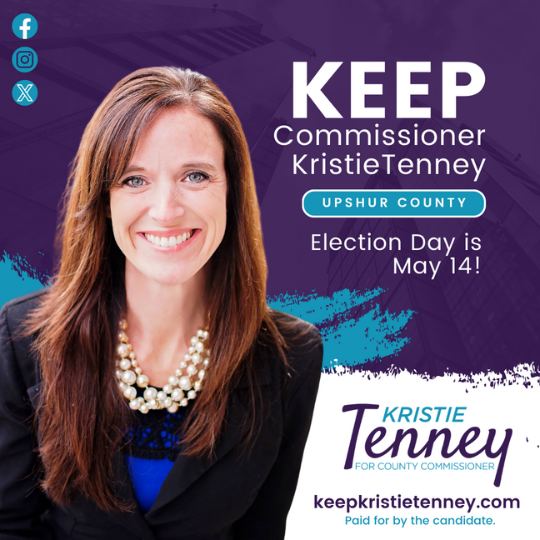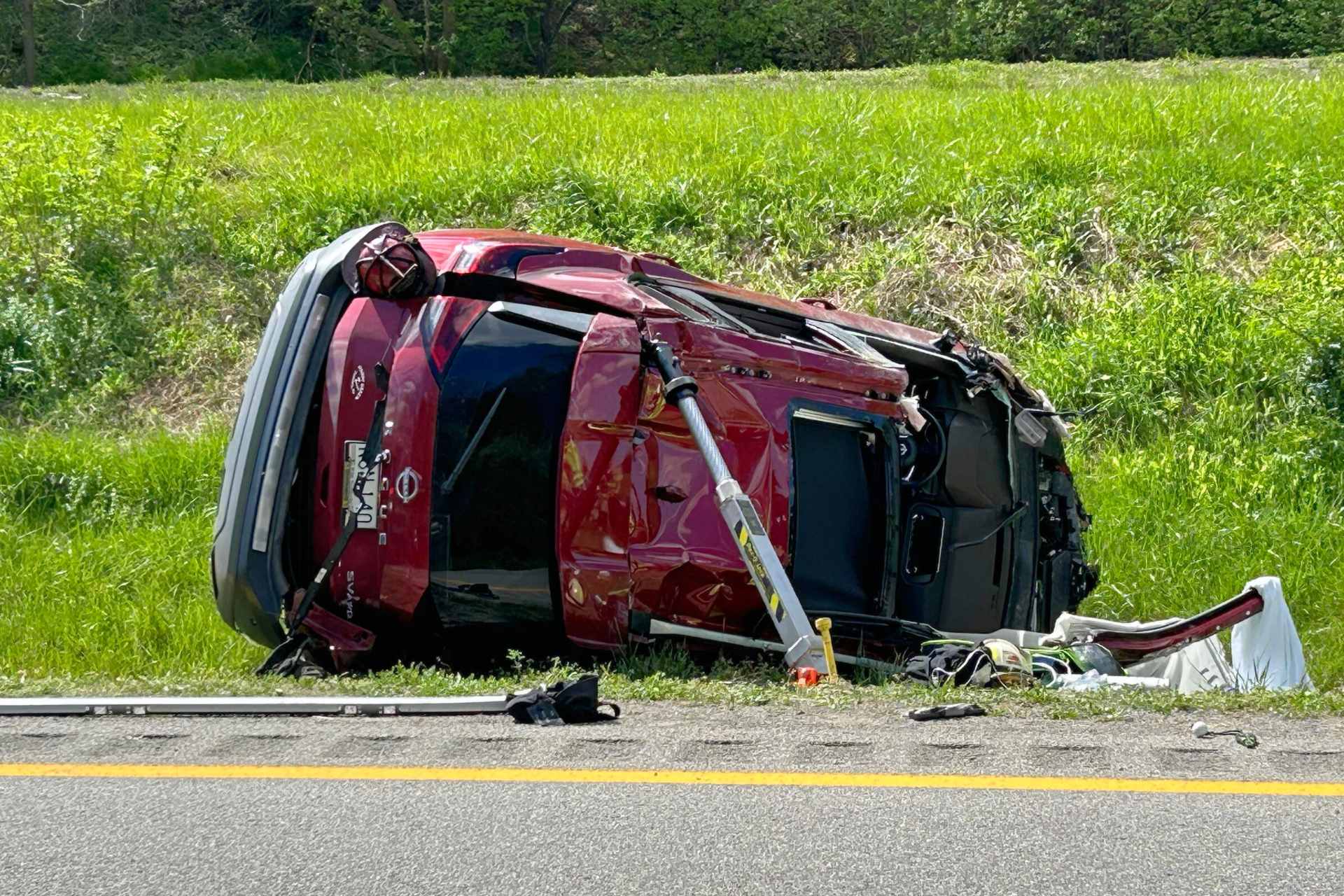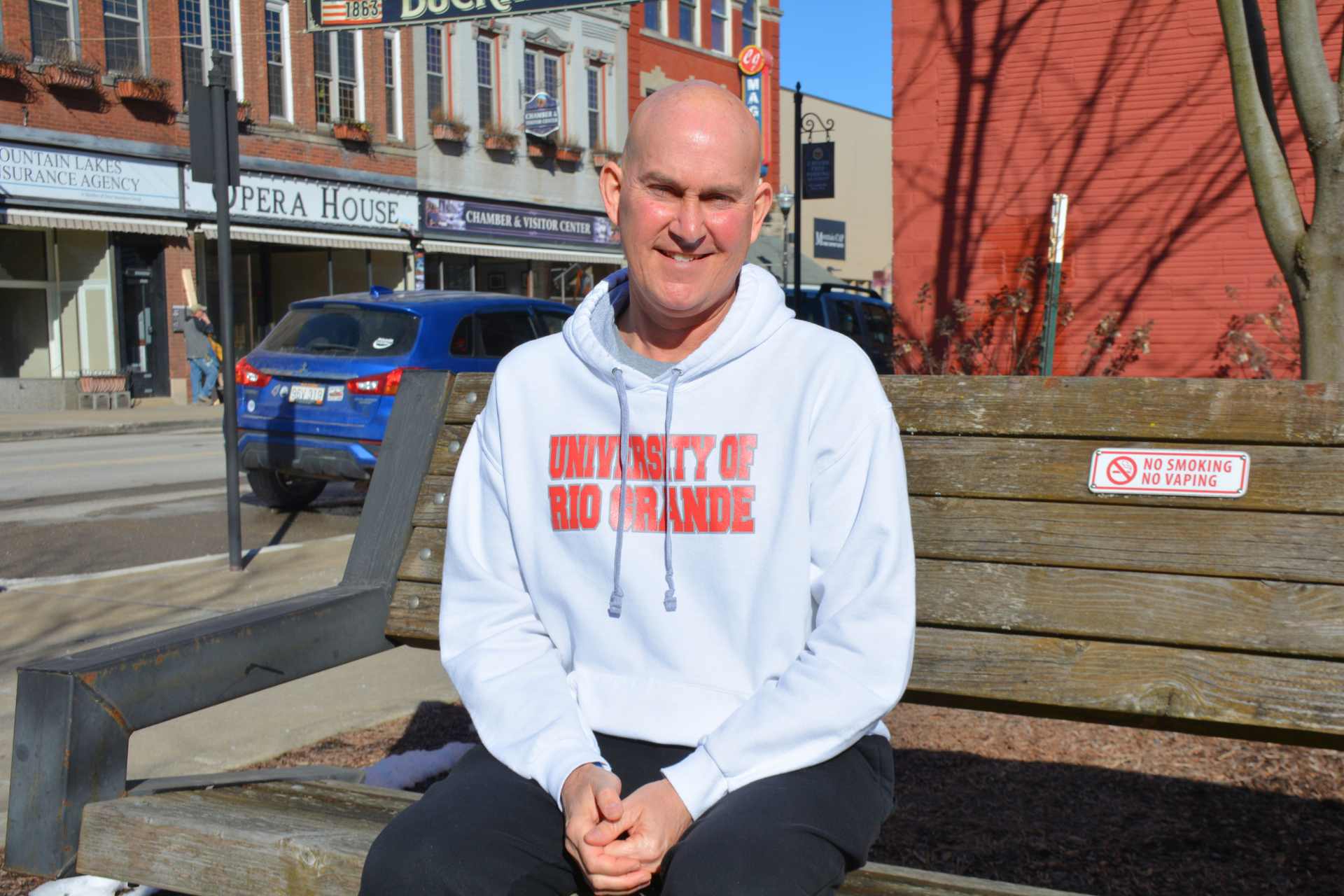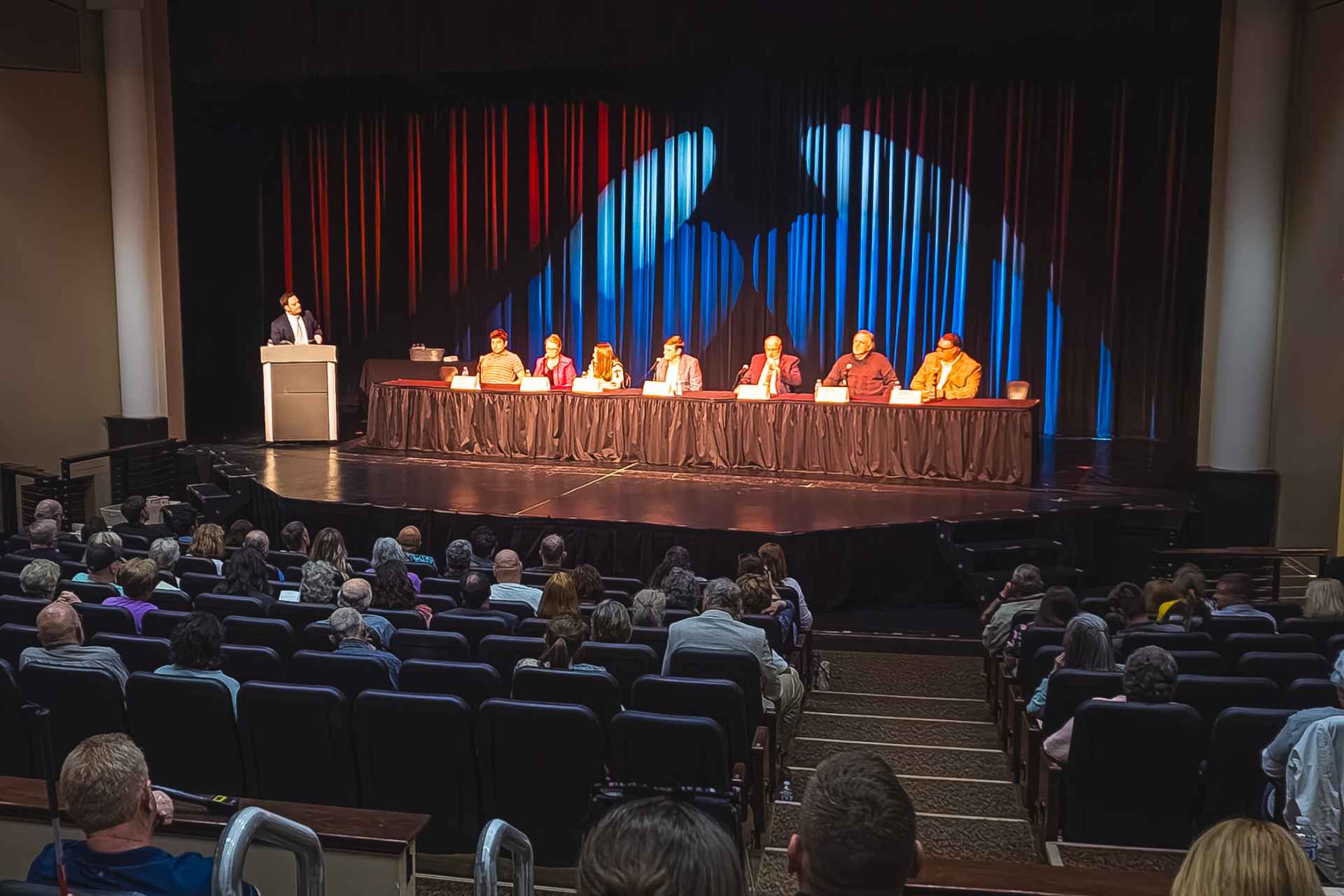BUCKHANNON – Buckhannon City Council in late March approved a $5.1 million budget – one larger than any other municipal budget in history due to the addition of the city’s 1 percent municipal sales tax.
The sales tax, which went into effect Jan. 1, 2020, is expected to generate about an extra $900,000 to $1 million annually.
At council’s March 19 meeting, city finance and administrative director Amberle Jenkins presented the city’s proposed general fund fiscal year 2020-2021 budget – which begins July 1, 2020 and wraps up June 30, 2021 – which amounts to $5,154,466. That means revenues and expenditures are balanced at $5.1 million as required by state law.
In 2019, council approved a $4.5 million budget for the 2019-2020 fiscal year, meaning the 2020-2021 fiscal year budget increased by about $630,000.
The general fund encompasses city hall operations, the Buckhannon Fire Department, the Buckhannon Police Department, the city streets and parks department and the Stockert Youth & Community Center, which operates as a city department.
“This is the first year we’ll be able to use city sales tax as one of our tools to help pay for our expenses,” Jenkins said.
The largest departmental expenditure is about $1.5 million allocated to the Streets Department, Jenkins said. The police department budget is estimated at about $1.3 million, the fire department budget rings in at $793,000 and the SYCC budget is likely to amount to about $400,000.
The city didn’t give across-the-board employees raises, having doled one out in December 2019, Mayor David McCauley said this week; however, police officers did receive a $2 per hour increase as requested by Police Chief Matt Gregory so the department could maintain competitive with surrounding law enforcement agencies.
During a working budget session earlier this year, the police chief told council he thought a pay bump was warranted not only because other surrounding departments, including the Upshur County Sheriff’s Department, pays more but because more work is involved in the BPD working toward receiving accreditation through CALEA, the Commission on Accreditation for Law Enforcement Agencies.
“This latest increase is to bring our city officers up to where sister organizations are insofar as compensation,” McCauley explained.
As to whether other employees will receive an across-the-board raise, the mayor said council would revisit the issue in December 2020.
“We’ll reassess by calendar year’s end compensation for others – this is similar to what we did last year (in 2019) for water and sewer plant operators to not lose employees to other organizations around us,” McCauley said.
During her presentation of the budget at the March meeting, Jenkins reviewed revenues and expenditures, saying the business and occupation tax had been lowered to allow the city to implement the 1 percent municipal sales tax. In addition, money generated by the Public Safety Complex fee has been removed from revenues because the PSC has been paid off and was no longer being collected as of April 1.
Jenkins said the city expects to use about $954,440 in sales tax revenue to fund necessary expenditures. She noted the city will contribute the following amounts to external entities: $30,000 to the Upshur County Development Authority, $5,000 to the Upshur-Buckhannon Health Department, $10,000 to Country Roads Transit and $15,000 to the Buckhannon-Upshur Regional Airport Authority.
As far as internal expenditures go, Jenkins said she allocated $16,000 to pay for the 2021 West Virginia Strawberry Festival, Fourth of July fireworks and Festival Fridays collectively. Another $35,000 will be funneled to Housing Enforcement to help residents clean up properties in disrepair.
“We’ve added $35,000 to help in cleaning up distressed properties and to help aid some of the citizens who need help in doing that,” she said.
She reviewed major items in each department’s budget, noting the police department’s requested $1.3 million will pay for a K-9 unit, in-car and body cameras, replacement tasers and three new cruisers. Meanwhile, the fire department’s $793,000 will cover new turnout gear, medical equipment, reporting software, a thermal imaging drone, LED lighting in the building, lockers and a $500,000 fire truck that will be financed.
“We have some funds to go towards this from the sale of an old truck and the Buckhannon Volunteer Fire Department will contribute towards this purchase as well,” Jenkins said.
The Street Department’s $1.5 million budget includes money to pay the salaries and benefits of two new full-time employees, funding for park improvements and capital to purchase a loader, side-by-side ATV and concrete truck, which can be used by other utility departments. The concrete truck, estimated to cost $150,000, will be financed.
“[Street and sidewalk] projects in this budget include sidewalks, lighting and paving on North Kanawha Street from Main to the train depot, paving on South Kanawha from Main to Wendy’s and other paving projects were funded for $135,000,” Jenkins said. “In other words, we have $135,000, and once the streets are evaluated, [public works director] Jerry (Arnold) will come back and ask council which streets they want to address first.”
Jenkins also noted the general fund had allocated $150,000 to the Sewer Department to assist in paying for stormwater-sewer infrastructure projects during the 2020 calendar year, and another $50,000 will be added in 2021.
SYCC received funds to pay the salary and benefits of an additional full-time staff member, make repairs to the building and purchase activity tracking software.
“We also placed a possibility of a payment to complete that gym (multi-purpose auditorium/gymnasium facility being fundraised for through the revived SYCC capital campaign) although we are still awaiting word of possible funding from the Abandoned Mine Lands grant program,” Jenkins said.
McCauley said council members had discussed the proposed budget at length during several working sessions leading up to Thursday and that every city in the state must submit a balanced budget – meaning revenues and expenditures match – by March’s end.
Councilman David Thomas asked Jenkins if she’d heard whether the state might be expecting cities to pay more into their employees’ retirement accounts due to COVID-19-related fluctuations in the stock market, but Jenkins said that was unlikely.
Councilman CJ Rylands made a motion to approve the FY 2020-2021 budget, which was seconded by councilwoman Mary Albaugh before passing unanimously.





















